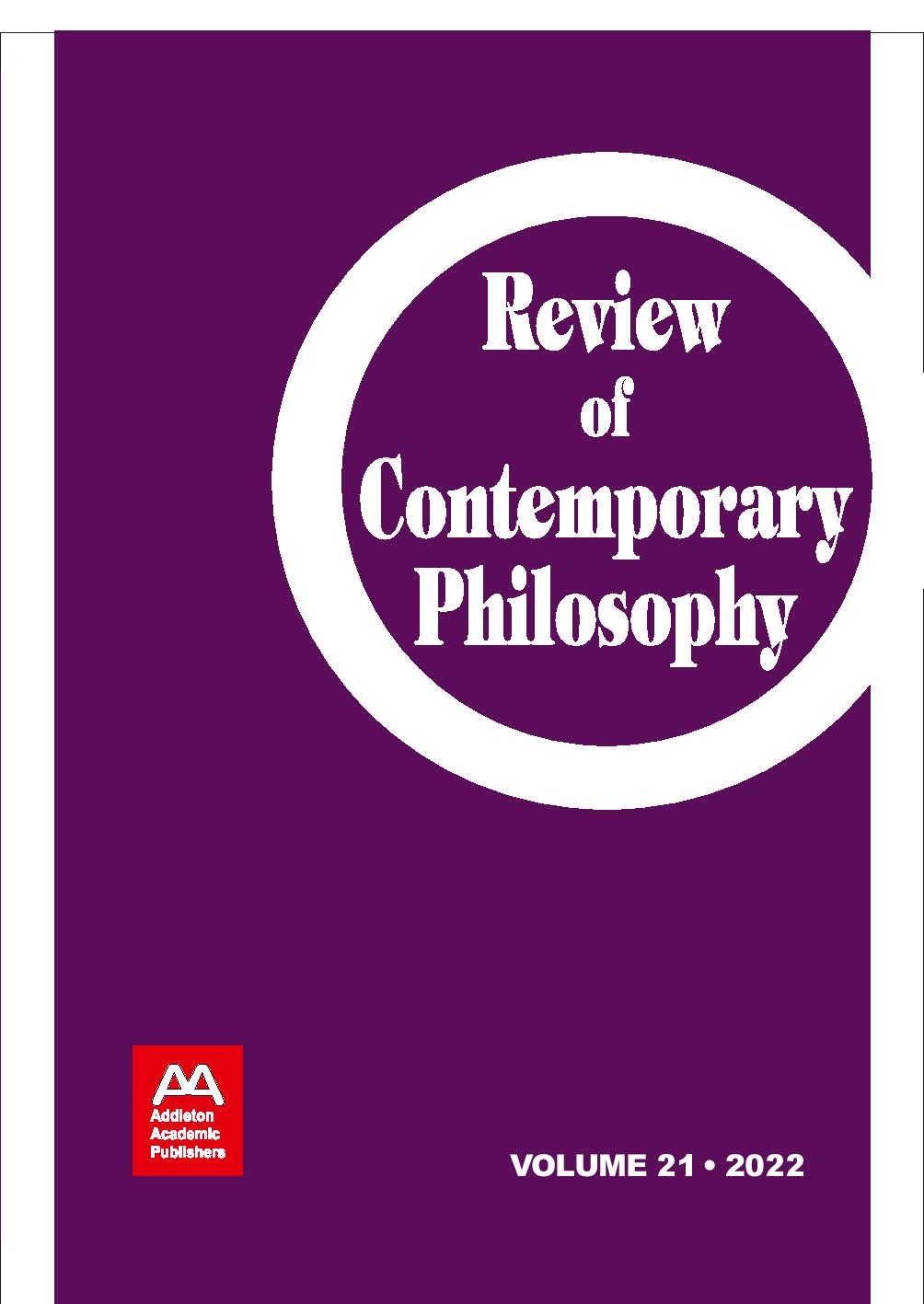Poststructuralism and the Post-Marxist Critique of Knowledge Capitalism: A Personal Account
Poststructuralism and the Post-Marxist Critique of Knowledge Capitalism: A Personal Account
Author(s): Michael A. PetersSubject(s): Marxist economics, Structuralism and Post-Structuralism, Marxism, Socio-Economic Research
Published by: Addleton Academic Publishers
Keywords: poststructuralism; post-Marxist; critique; knowledge; capitalism;
Summary/Abstract: Motivated by readings of Lyotard, Foucault, Derrida, and Deleuze and Guattari, this paper outlines the basis for three related claims: (i) the knowledge economy is a form of neoliberal globalization; (ii) education has become a form of knowledge capitalism; (iii) poststructuralism provides a post-Marxist critique of knowledge capitalist form of neoliberal globalization. I see my own work as a working out of the exploration of these themes aided by the work of Lyotard, Foucault, Derrida and Deleuze. While these philosophers view themselves in some kind of relationship to the legacy of Marx as Marxist or post-Marxist thinkers, they also entertain ways of going beyond both Marx and the Althusser’s Spinoza-inspired reading of Marx that was dominant in 1970s France. Foucault was intent on establishing a Left culture that was not Marxist, one that could engage with neoliberalism that did not simply repeat old structuralist binaries yet he remained wedded to political economy. He pursued the genealogy of the revival of homo economicus as the basis for the emergence of economic liberalism in the twentieth century. Deleuze and Guattari remained Marxists even after 1968 while systematically displacing Marxist concepts to introduce the concept of “desiring-production” (Marx and Freud), to put desire into the social realm of production as a libidinal investment that takes place without a subject and is autonomous, self-constituting, and creative. Lyotard, as a post-Marxist thinker, examined the status and development of knowledge, science and technology in advanced capitalist societies within the broader context of the sociology of postindustrial society and studies of postmodern culture. After the “fall” of communism, Derrida embraces Marx’s spirit of radical critique and the prospect of the New International to formulate a philosophy of social responsibility. In recent work inspired by these thinkers I posit an alternative form of educational globalization that I call “knowledge socialism” that is based on principles of openness, the ethics of collaboration, and the rise of peer production, which together can constitute a powerful modality of transnational networked intelligence.
Journal: Review of Contemporary Philosophy
- Issue Year: 2022
- Issue No: 21
- Page Range: 21-37
- Page Count: 17
- Language: English
- Content File-PDF

